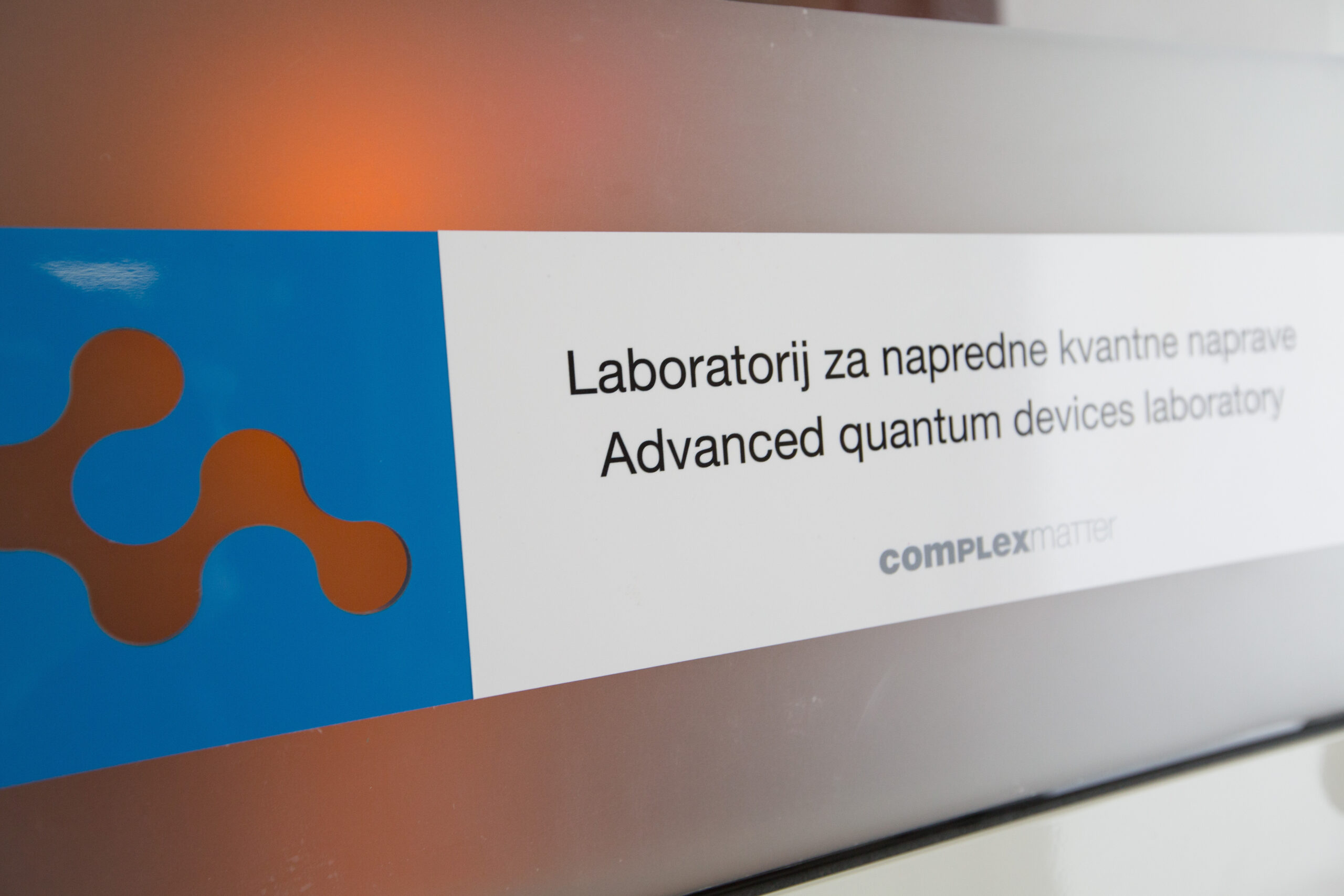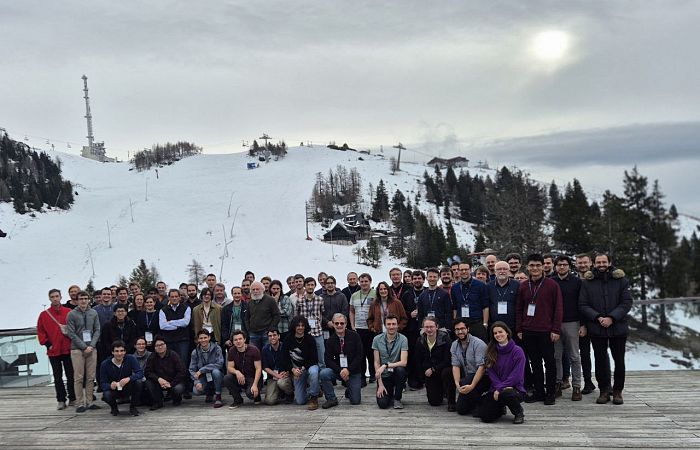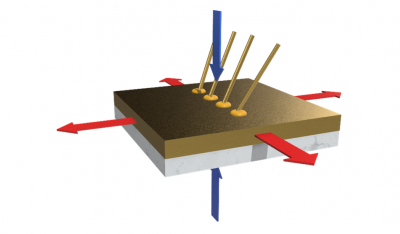1T-TaS2 is known for its diverse physical properties. Until now, superconductivity in this material could only be achieved using specialised experimental setups to apply high pressure or by synthesising crystals with a precise level of doping.
In their new publication, Yelyzaveta Chernolevska, Anze Mraz, Rok Venturini, Tomaz Mertelj, Damjan Svetin and Dragan Mihailovic from the Department of Complex Matter (Jozef Stefan Institute), together with the collaborators from CENN Nanocenter, Advanced Materials Department (JSI) and National Institute of Chemistry, have demonstrated how superconducting behaviour can be induced in 1T-TaS₂ grown by molecular beam epitaxy.
By combining precise growth protocols with the physical and chemical properties of the substrates, the authors tuned the properties of the thin films by inducing tensile strain. The resulting films are completely stable at ambient pressure and can be studied in conventional experimental setups. They showed that the charge density wave order, typically observed at low temperatures, can be suppressed, leaving the material in the metallic state and achieving superconductivity below 3.8 K.
This work paves the way for future studies on anisotropic strain effects not only in this material, but also in other 2D materials, monolayer stacks, and heterostructures. Moreover, the ability to grow 1T-TaS₂ films with controlled thicknesses from 10 to 100 nm could significantly impact applications in electronic device fabrication.
The full text can be found at https://doi.org/10.1038/s41598-025-19901-y


